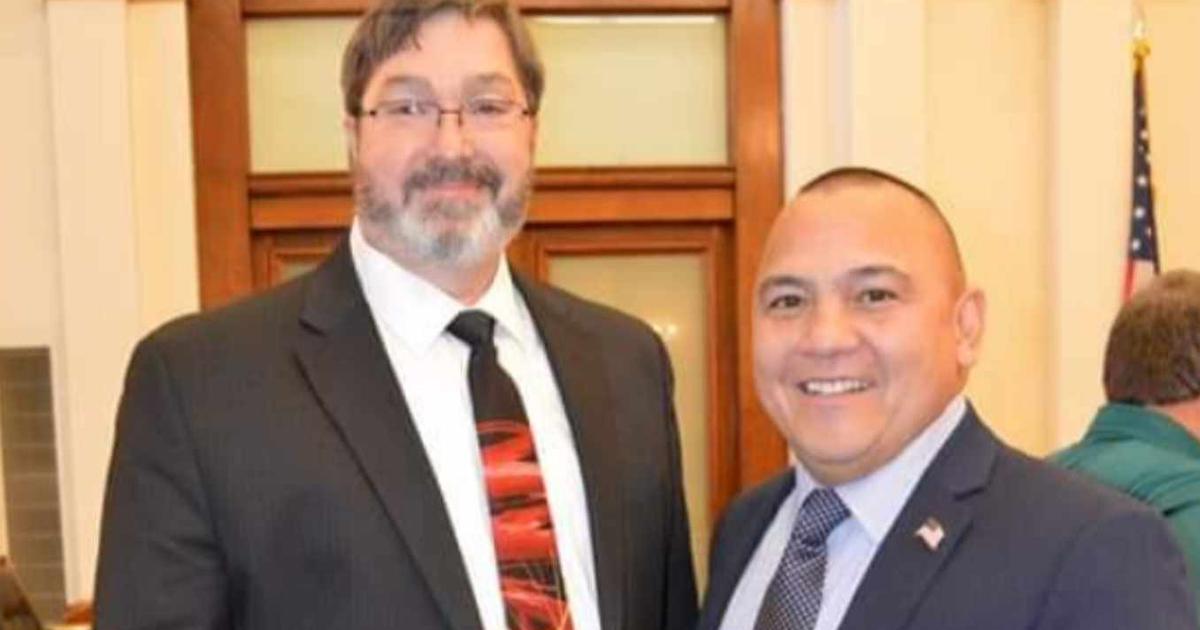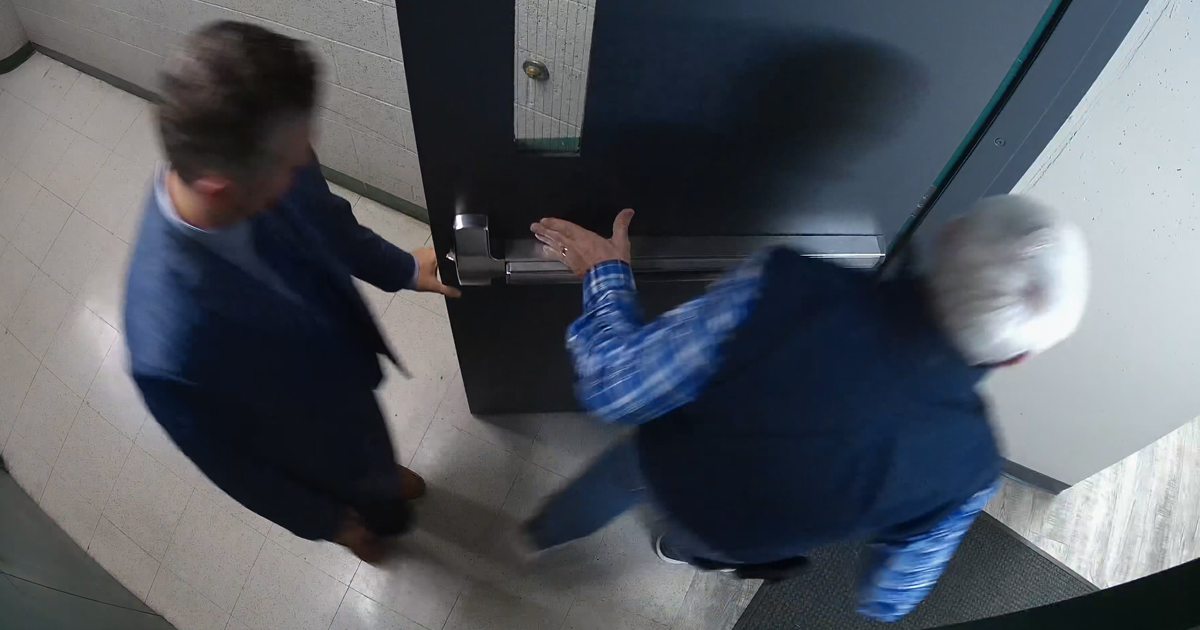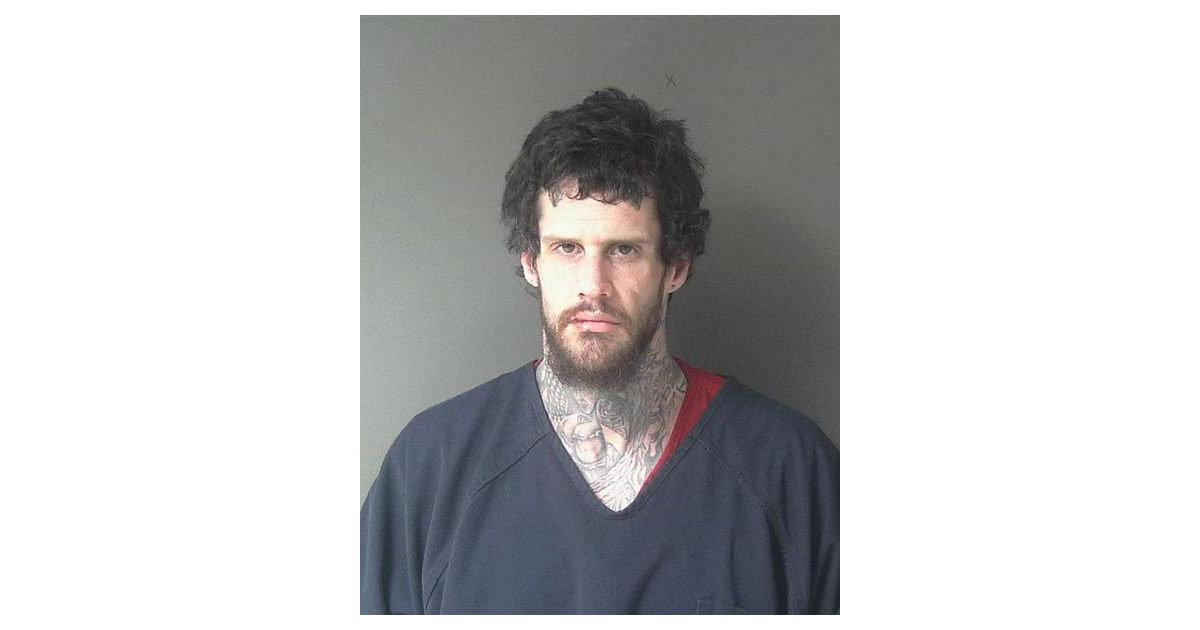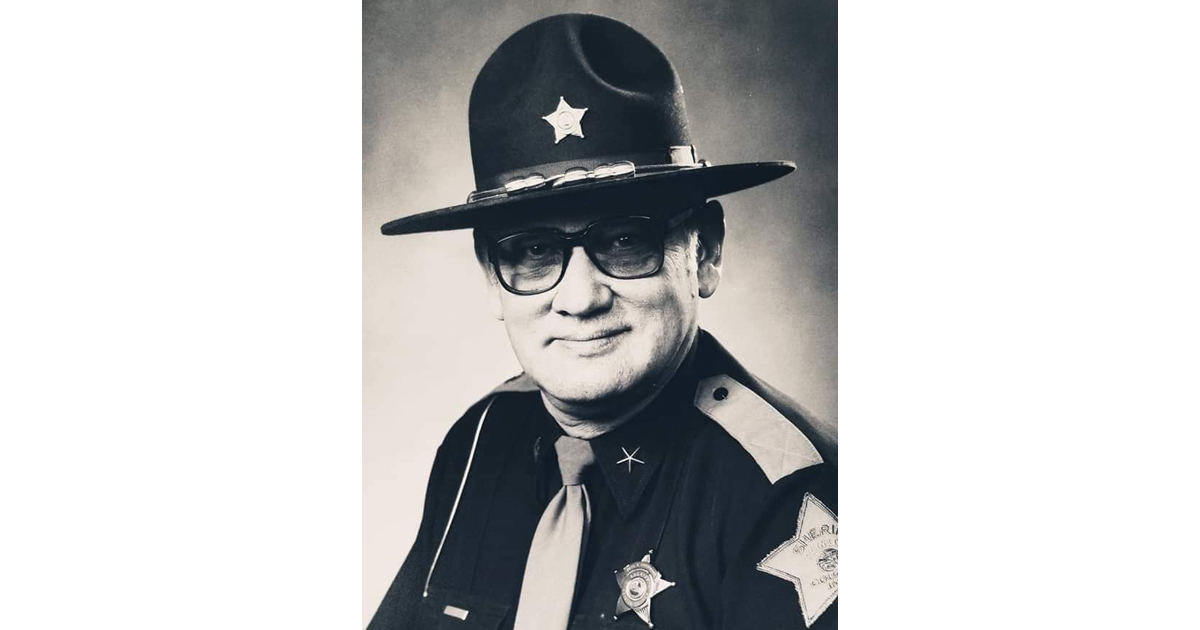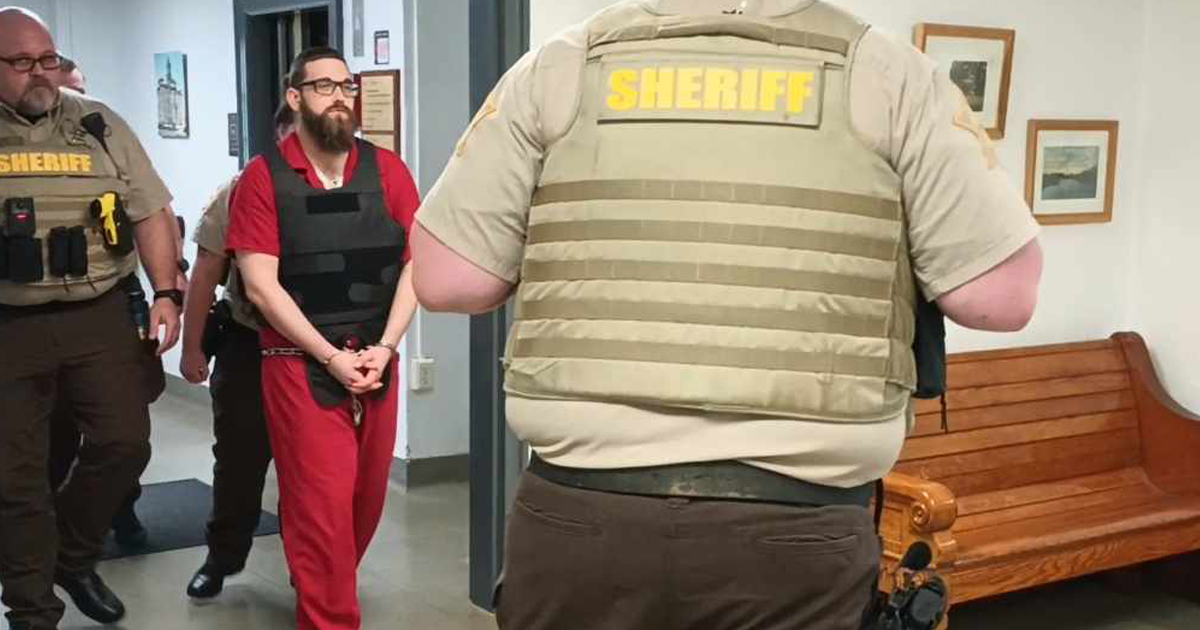Audio Between Prosecutor and Journalist Released, Indiana Appeals Court Revives Defamation Suit Against Prosecutor Over Jail Fund Comments
FRANKFORT, Ind. (March 26, 2025) — A recent ruling by the Indiana Court of Appeals has revived a defamation lawsuit filed by Clinton County Sheriff Richard Kelly and his wife, Ashley Kelly, against County Prosecutor Anthony Sommer. The appellate court reversed a lower court’s decision to dismiss the case, finding that questions remain regarding whether Sommer’s statements to the media about an investigation into the Kellys’ management of jail funds were protected by prosecutorial immunity.
Today, we released the audio between the prosecutor and the journalist.
The audio is from an October 8, 2021, encounter where Prosecutor Sommer invited the journalist to view a “publicly available commissary report” for the first six months of 2021 in his office.
However, it was not the publicly available commissary report as promised – it was a fabricated report.
Over the next week of October 2021, the actual report submitted by Sheriff Richard Kelly during the July 13, 2021, County Council meeting was requested from both the county auditor and sheriff’s office revealing the report provided by the prosecutor was fabricated.
The fabricated report showed incorrect disbursements, incorrect deposits, a wrong check number, a missing check number and even a million dollar change in balance.
As a note, the fabricated report was uploaded as evidence in the county’s lawsuit against Sheriff Kelly and Matron Ashley Kelly on October 25, 2021, 79C01-2104-PL-000035. In the motion to dismiss its case, the county – through their attorney Tom Little – wrote: “Defendants submitted a detailed report of the Clinton County Sheriff’s Commissary Fund with listed activity for the first six months of 2021 to the Clinton County Council, attached here to as “Exhibit A”
An email dated December 27, 2021, between County Council President Alan Dunn and county attorney Little – in which the journalist was copied on – Dunn wrote to Little, “… I spent some time yesterday going over the spreadsheet and I did find several errors, which I have corrected in the version that is attached. … I was not aware at the time that my work would be submitted to the Court as an official County document, so now knowing that it has been I think we need to submit this corrected version as soon as possible. If you could do so, I would really appreciate it.”
The journalist is the author of this post.
Click here to be directed to Spotify or listen to the audio below:

